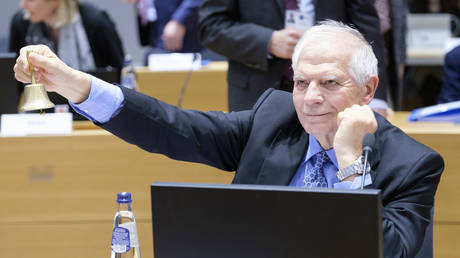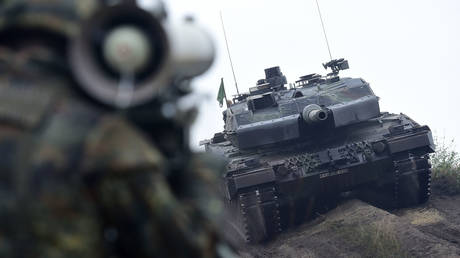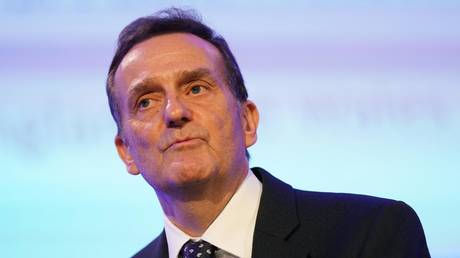
Some member states remain skeptical about the multi-billion euro military spending project
A European Union proposal to spend some €20 billion on lethal aid for Ukraine is facing push-back from some nations and was increasingly unlikely to survive in its current form, several diplomats have told Reuters, noting that Germany is among those questioning the funding plan.
While the EU’s foreign policy chief, Josep Borrell, has pushed for the four-year spending initiative since July, multiple member states are not yet sold on the idea, reluctant to commit such significant funding so far in advance, the diplomatic staffers said.
“Germany has had a lot of questions … and rightfully so. We’re talking about a lot of money,” a senior European diplomat told the outlet on Friday. “I’m not going to declare it dead at this point yet. But of course, improvements can always be made.”
EU defense ministers are set to discuss the funding plan during a meeting in Brussels next week, as the bloc also debates a separate proposal to provide around €50 billion in economic assistance to Kiev.
Some member states have also voiced opposition to the financial aid, with Hungarian Prime Minister Viktor Orban blocking the package in a vote last month. The proposal “had not been worked out properly, and was not suitable to be a basis for serious negotiations, so we rejected it,” the PM said.
Slovakia, too, has questioned the wisdom of continued aid to Kiev after nearly two years of conflict. Speaking to reporters in October, newly elected Prime Minister Robert Fico asked “Did the financing of Ukraine change the outcome of this war?” adding, rhetorically, “So let’s invest another 50 billion, and it doesn’t matter what happens?”
“If the strategy is to continue to pour money there, €1.5 billion per month without any result, and we have to cut our own resources? After all, we have huge problems, and public money is in a difficult state,” Fico continued.
The security assistance could face similar resistance, with another EU diplomat telling Reuters that for “some member states, there is the reality of the public finances.” Citing a third official, the outlet added that “the likelihood of Borrell’s original proposal being adopted was declining,” but noted “many countries” still supported the move.
The EU has authorized a total of €83 billion in military, economic and humanitarian aid to Ukraine since the start of Russia’s military operation in February 2022, according to the European Commission. Despite the Western largesse, however, Kiev’s summer counteroffensive failed to meet its objectives, with the Russian Defense Ministry estimating that Kiev had lost more than 90,000 troops, as well as over 55 tanks and 1,900 armored vehicles, just since June.




